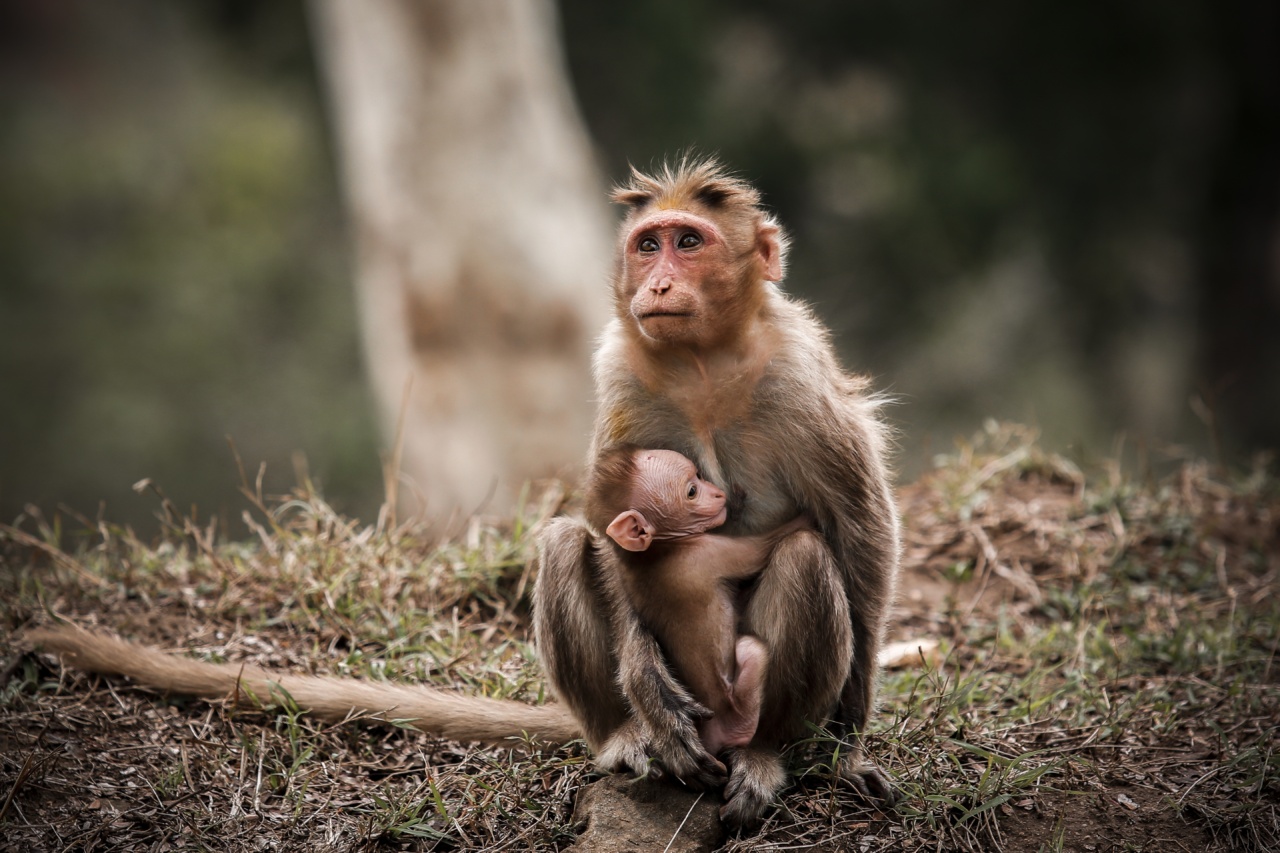Motherhood is a beautiful phase of every woman’s life but also one that comes with a plethora of responsibilities and challenges.
The joy and happiness of becoming a mother are beyond words, but it is equally crucial to recognize that every single action or habit of the mother can influence the baby’s growth and development process.
In this article, we will shed some light on how a mother’s bad habits can affect her baby’s growth and development.
We will also discuss some healthy lifestyle choices that mothers can make to ensure their baby’s optimal growth and development.
Maternal Smoking and Alcohol Consumption
Smoking and alcohol consumption during pregnancy can cause a number of negative health effects on the baby. These habits can increase the risk of premature birth, low birth weight, and a range of congenital disabilities.
Smoking during pregnancy affects the baby’s lung development and can lead to respiratory problems, such as asthma. It can also increase the risk of sudden infant death syndrome (SIDS).
Alcohol consumption during pregnancy can lead to fetal alcohol syndrome (FAS), which can result in physical, cognitive, and behavioral abnormalities.
These abnormalities may range from facial deformities and poor growth before and after birth to intellectual disabilities and behavioral problems.
Maternal Stress and Anxiety
Stress is a common experience during pregnancy, but excessive stress and anxiety can have adverse effects on the baby’s development.
Maternal stress, anxiety, and depression can lead to a range of problems in babies, both during pregnancy and after birth. These problems may include preterm labor, low birth weight, and developmental delays.
Maternal stress also affects a baby’s emotional and cognitive development, and can increase the risk of anxiety, depression, and behavioral problems later in life.
Maternal Diet and Nutrition
Eating a healthy and balanced diet during pregnancy is crucial for the baby’s growth and development. A mother’s diet and nutrition can influence the baby’s physical growth, cognitive development, and immune system health.
Inadequate nutrition during pregnancy can cause low birth weight, developmental delays, and other health problems.
A diet that is low in essential micronutrients, such as vitamin A, iron, and iodine, can lead to poor fetal growth and impaired cognitive development.
Maternal Physical Activity
Staying physically active during pregnancy is not only good for the mother but also for the baby. However, excessive physical activity and strenuous exercises during pregnancy can lead to negative health outcomes.
Regular exercise during pregnancy helps improve blood flow, reduces discomfort, and helps with weight management. Moreover, it also helps in achieving a healthy pregnancy weight, which decreases the risk of gestational diabetes and hypertension.
However, strenuous exercises and high-intensity workouts can lead to premature birth, low birth weight, and other complications.
Hence, it is recommended to indulge in moderate exercises, such as brisk walking, swimming, and prenatal yoga, during pregnancy.
Maternal Sleep Deprivation
Sleep is a crucial component of a healthy lifestyle, and it’s even more important during pregnancy.
Sleep deprivation during pregnancy can lead to a range of problems, including premature labor, depression, and poor cognitive development in babies.
Research suggests that pregnant women require 7-9 hours of sleep every night to ensure optimal growth and development of the baby.
Poor sleep quality and inadequate sleep duration can lead to hormonal imbalances, which can negatively affect fetal growth and increase the risk of preterm labor.
Conclusion
It’s imperative to recognize that every action or habit of the mother can impact the baby’s health and development. Maintaining a healthy lifestyle during pregnancy is crucial for the baby’s growth and development.
A healthy diet, regular exercise, adequate sleep, and stress management are among some of the healthy habits that mothers can adopt to ensure optimal growth and development of their babies.






























